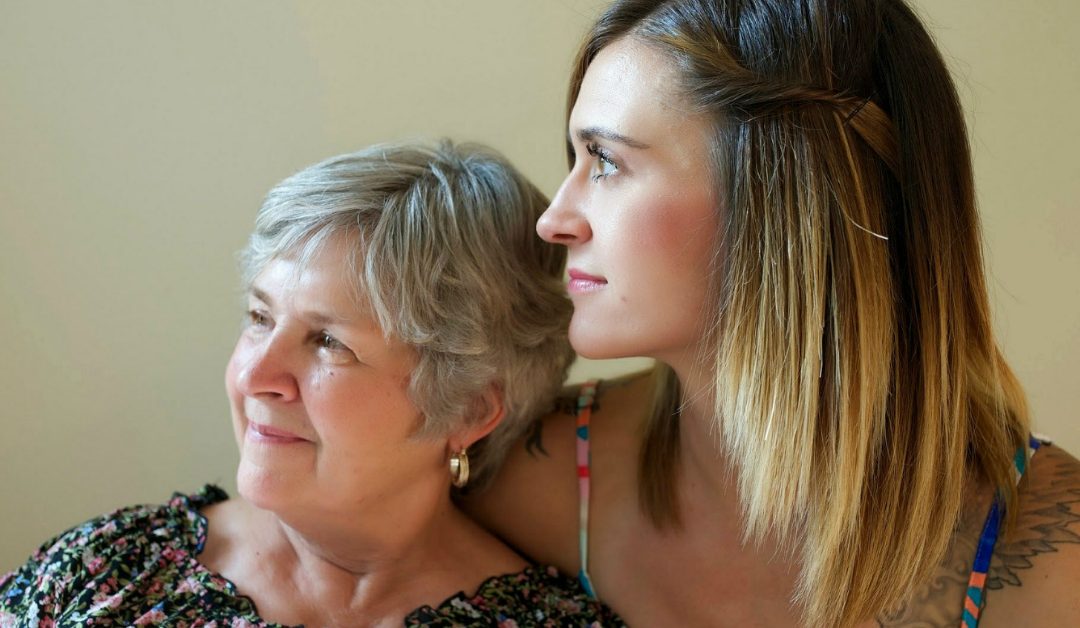Contributed by Jim Nelson, consultant to CAIRE Inc. ~
Over the years, I have written about a lot of subjects related to COPD, lung disease of other kinds, and the processes that the patients and their caregivers experience. However, there is one subject that I have not addressed directly. I have tip-toed around the edges in other articles, but I have not just said it.
I keep seeing posts from patients pleading for answers, any answers to how they can get their caregivers, family, friends, and acquaintances to understand what they are going through. The posts are pretty sad, actually. They speak of misunderstanding, of disappointment, of isolation. They talk about the frustration of watching their life as they knew it slowly slipping away.
Lung disease, as a general rule, comes upon the patient so very gradually that they themselves barely notice it, especially in the early years. It is such a slow, insidious thing that the majority of patients are not even diagnosed until they are deep into the disease. There are four stages of COPD, for instance. The vast majority of patients are not even diagnosed until late stage two or stage three. They go through the early symptoms, to be sure. However, they blame the cough, the excess sticky mucus, the shortness of breath with exertion, on growing older, on being overweight, on being out of shape. All of these things, or some of them, may be true, but there just might be something else going on.
So, we have established that the patient goes through a slow process as their lung disease takes over more and more of their life, their activities, their thoughts. First, there is just the occasional episode of wondering.
“Is my smoking starting to catch up with me?”
“Dad had emphysema before he died. Are breathing problems hereditary?”
“It can’t happen to me! Should I check with my doctor? Do I really want to know?”
Then, the exacerbations start. “Exacerbation” is a big word for the lung infections, the pneumonias that plague those of us with weak, compromised lungs. They are the bumps in the road that really slow us down, that keep us from doing the things that we want to do, that we are usually able to do. These periods of illness, of weakness, are obviously noticeable to those close to us, those who are accustomed to spending time with us. Thing is, in the early years of the disease, we are able to fight them off, to “get better.” So, from the point of view of those close to us, we are all better now, and we can go play. We can do all of the things we have always been able to share with them, shopping and partying and such.
Trouble is, the exacerbations take something out of us. We never totally recover from them. We can come close, given good doctors and compliance with our meds and maybe even some exercise, but we will never again be quite as strong as we were before. Our friends and family will have no idea that anything is missing. Neither will we, initially.
As time passes, our lungs will grow weaker. That is just a fact. But again, it happens painfully slowly. Day-to-day or even month-to-month, we notice no difference, given the absence of the dreaded exacerbation. We go on with our lives, just as we are expected to do. Realistically, if we don’t notice any changes, it is unlikely that anyone else will do so.
But then the day comes when the gang plans to go shopping/go out to eat/go dancing, and you are having a bad day. You decline, to the surprise and disappointment of everyone involved. What in the world? Are you upset? Are you just being lazy? What is going on? You feel terrible, because you didn’t want to let everyone down, and frankly, you physically feel terrible. The shortness of breath is getting worse, and you have to stifle the cough more and more as time goes on. It is becoming harder to get through your days, but you don’t want to burden anyone with the chilling idea that this really isn’t going to go away.
Next time … What to do about it?
~ Uncle Jim
Jim Nelson is a double lung transplant recipient and a patient advocate for COPD patients throughout the U.S. and around the world. He and his wife, Mary, are well known patient advocates and brand ambassadors for those organizations who tirelessly endeavor to help those individuals who suffer from a variety of respiratory diseases and the caregivers who support them.
If you have been prescribed oxygen therapy, learn more about CAIRE by visiting www.cairemedical.com or calling 1-877-704-0878 to talk to an oxygen advisor.
When using any oxygen therapy device please consult the applicable product instructions for use for product indications, contraindications, warnings, precautions, and detailed safety information.

